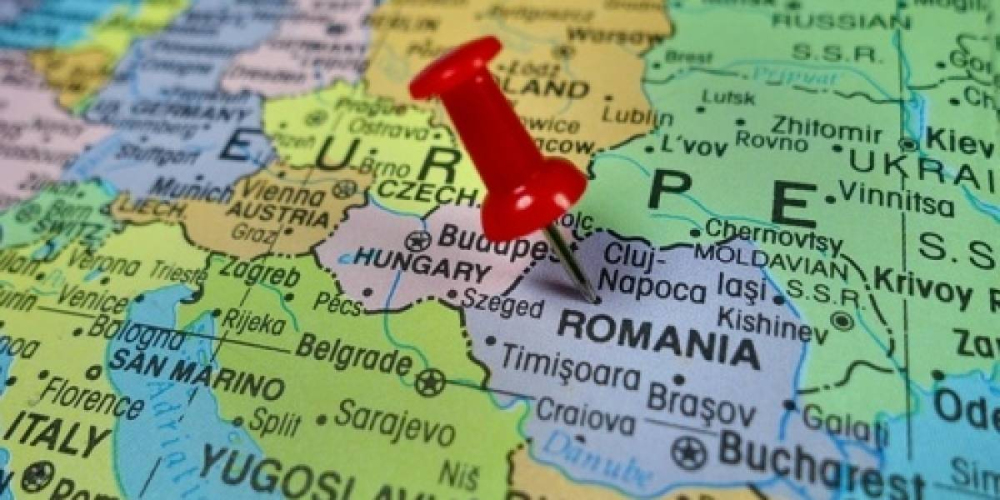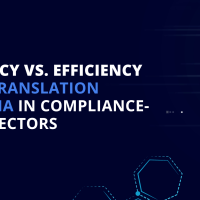
Solutions
Apr 28
Romanian as a Romance Language? Akorbi Explains Why this Ancient Language is So Unique.
Like French, Spanish and Italian, the Romanian language is a member of the Romance Languages. But unlike the other three countries, Romania is located in Eastern Europe, docked by Slavic-speaking countries. Because of this, many people think this Romance language is Slavic, but it’s so much more than that.
What is a Romance Language?
According to Brittanica, a Romance Language is a “group of related languages all derived from Vulgar Latin within historical times and forming a subgroup of the Italic branch of the Indo-European language family. The major languages of the family include French, Italian, Spanish, Portuguese, and Romanian, all national languages.”
While Romanian does have Slavic roots, those roots only make up about ten percent of the total vocabulary. The language is actually a culmination of Turkish, German, and Bulgarian. This makes it the most unique romance language.
The Roots
1700 years ago, what is now Romania was called Dacia. In the second century, the Romans invaded and conquered this country. At this time, Roman culture would become the dominant language and culture of the country, changing everything that had previously been Dacia. Dacians would begin speaking ‘Vulgar Latin”, which at the time was the common Roman language. Bordered and influenced by Hungarians, Turks and Bulgarians, the country would take the Roman Latin language and combine it with all the other languages.
Who Speaks Romanian?
Anyone who is versed in other Romance languages should be able to understand the base of Romanian – both spoken and written. Much of their words – or the root of their words – are very similar to those found in Italian, French, and Spanish languages.
But just when you thought the Romanian language was simple, all the different dialects are introduced.
When the Romans occupied the Romanian region south of the Danube river 1700 years ago, which today is the border between Romania and Bulgaria, the Latin and Balkan languages were combined to make one of the Romance dialects. Spoken in Serbia, Kosovo, Bulgaria, Croatia, Albania, and Greece, these dialects are referred to as Aromanian, Megleno-Romanian, and Istro-Romanian.
How Can Akorbi Help?
This is where Akorbi can assist you! If you’re running a business that deals with clients or employees in any of these regions or handles customer requests, it is critically important that you understand not only the Romanian language, but the dialects as well. Communicating properly in the dialect vs. not fully understanding the small nuances between one dialect and another, can put you and your company in legal trouble…or at the very least, poor customer service. This can damage your brand, causing you to spend money on legal fees or fixing issues. Either one can take months if not years to repair.
Akorbi’s Translation and Localization Language Services
Akorbi welcomes you to access a variety of translation and localization solutions to help you meet your global business needs. We help give your product/service the look and feel of having been created specifically for a target market, no matter their language, culture, or location. We’re a Dallas-Fort Worth translation company with an international reach!
Learning what resources are available to you as you navigate the ever-changing world of technology and language is essential to your business’s success. Contact Akorbi online or call 1-877-4-AKORBI for more information.



